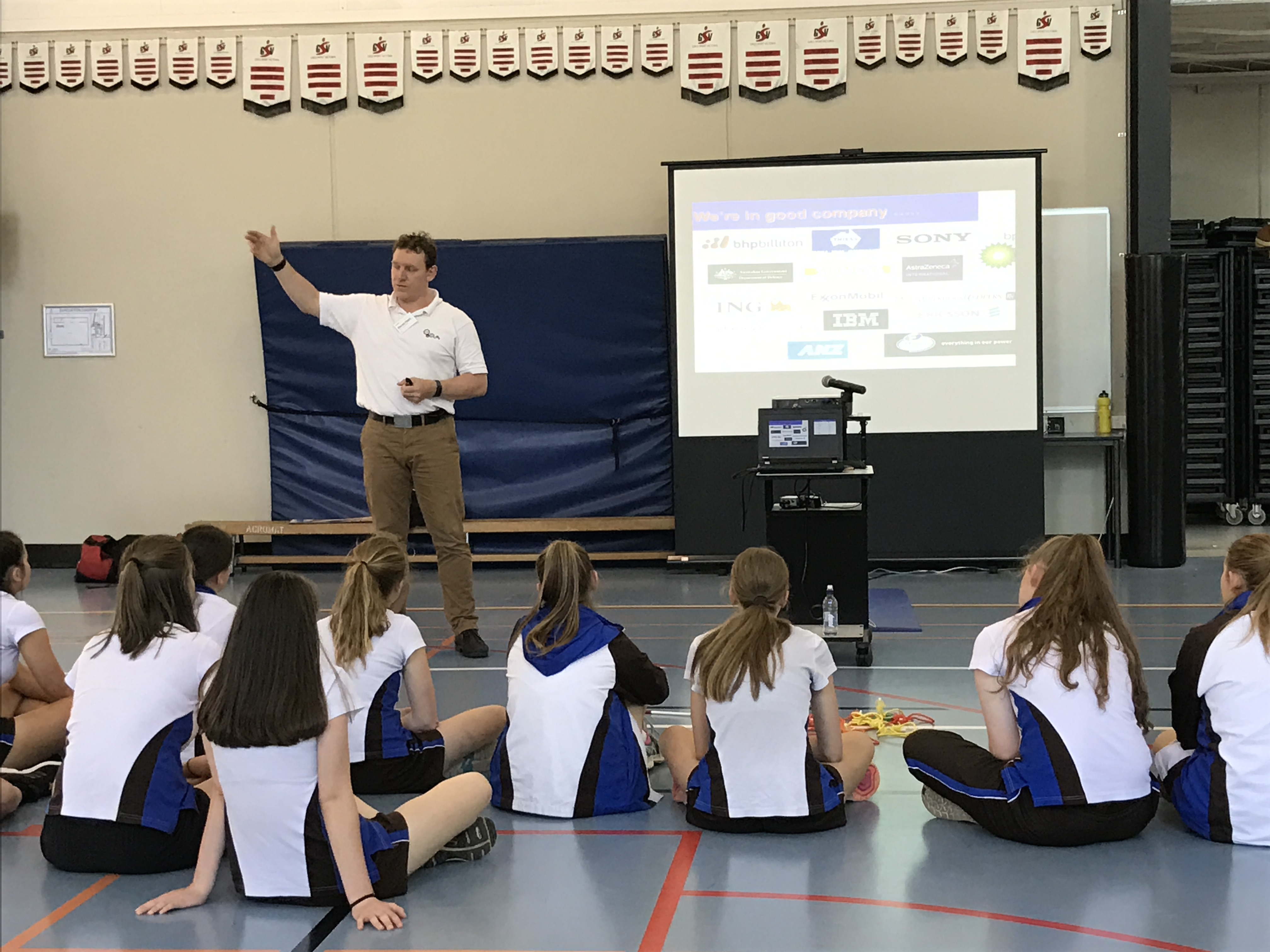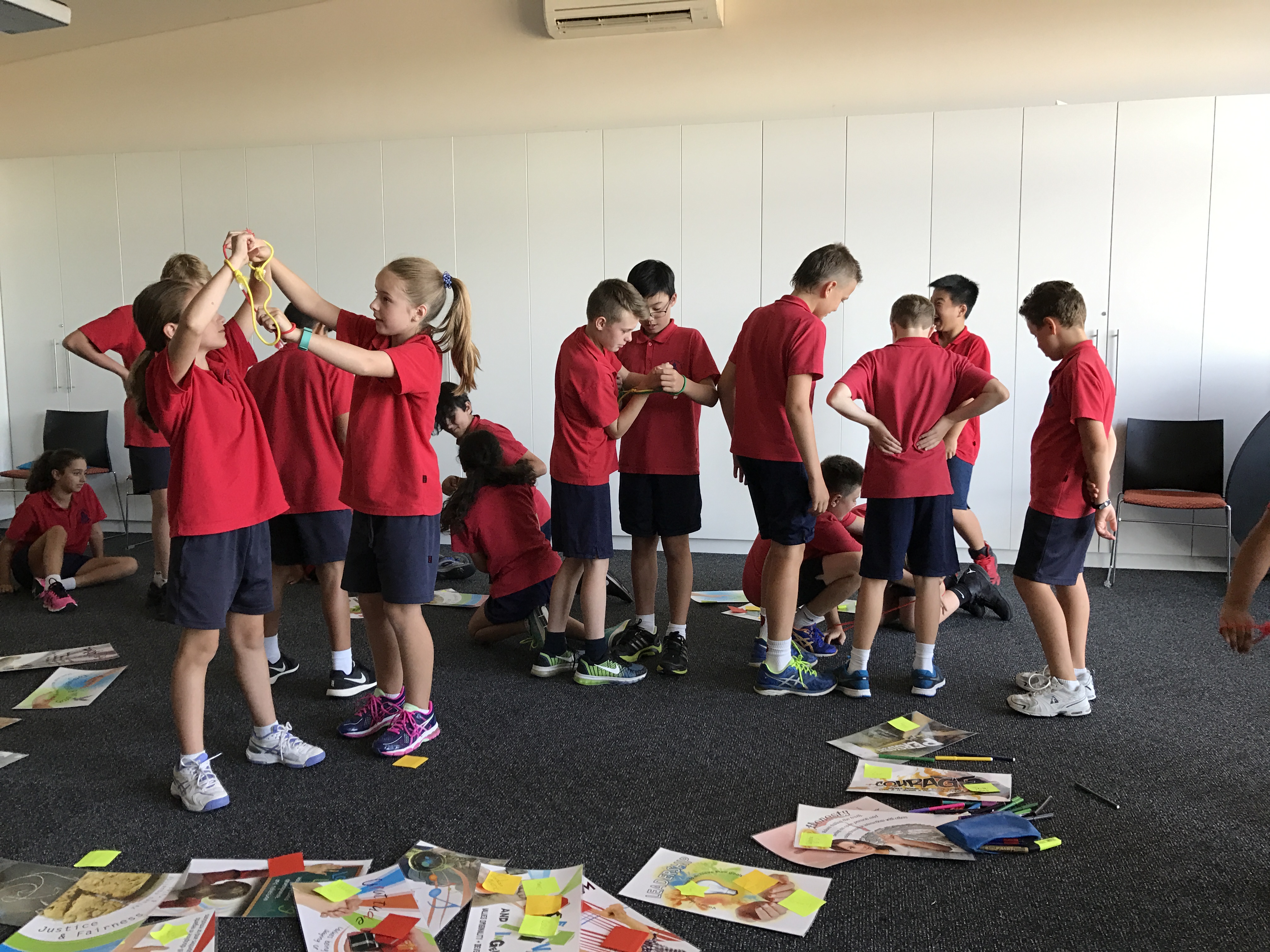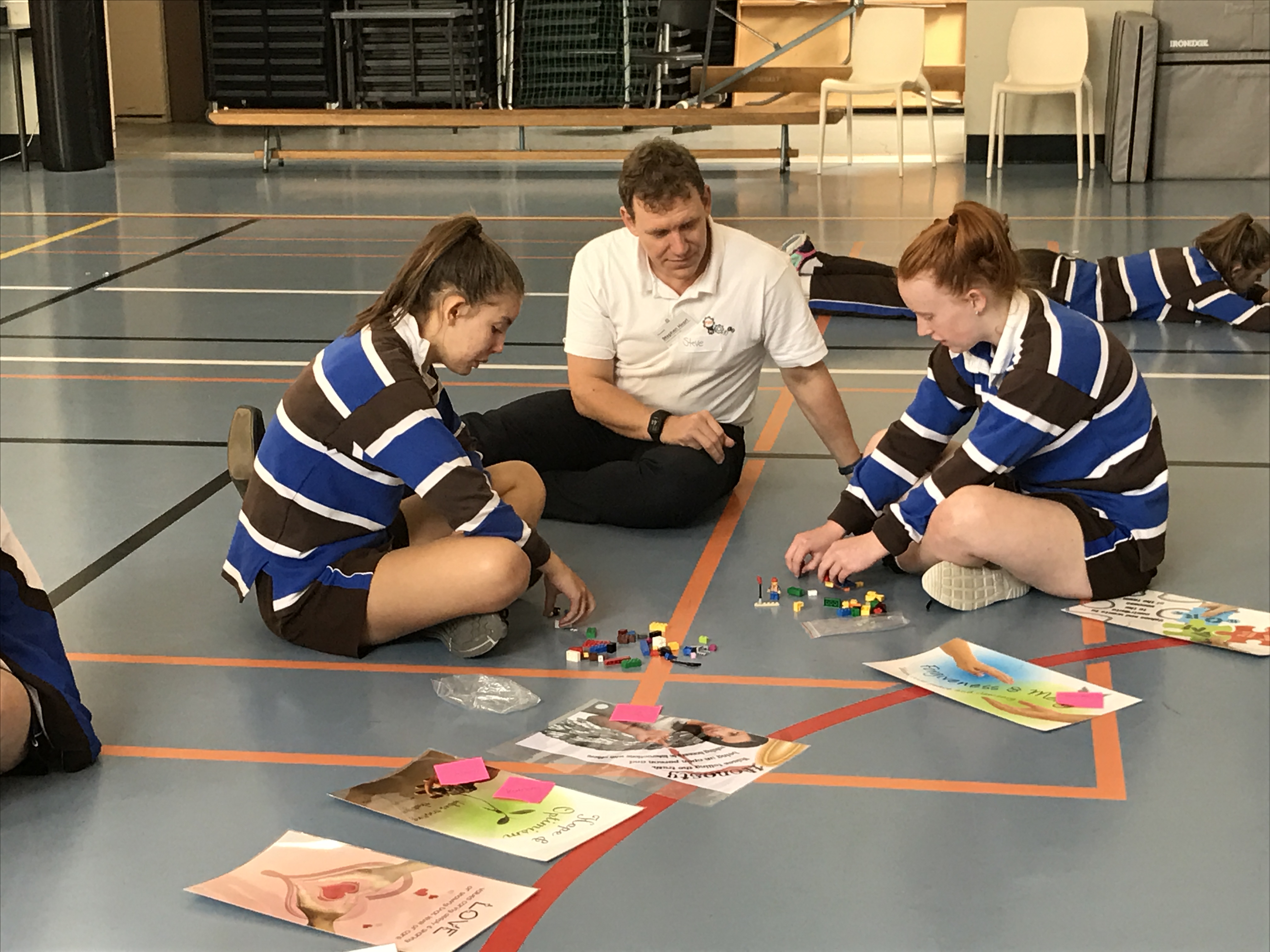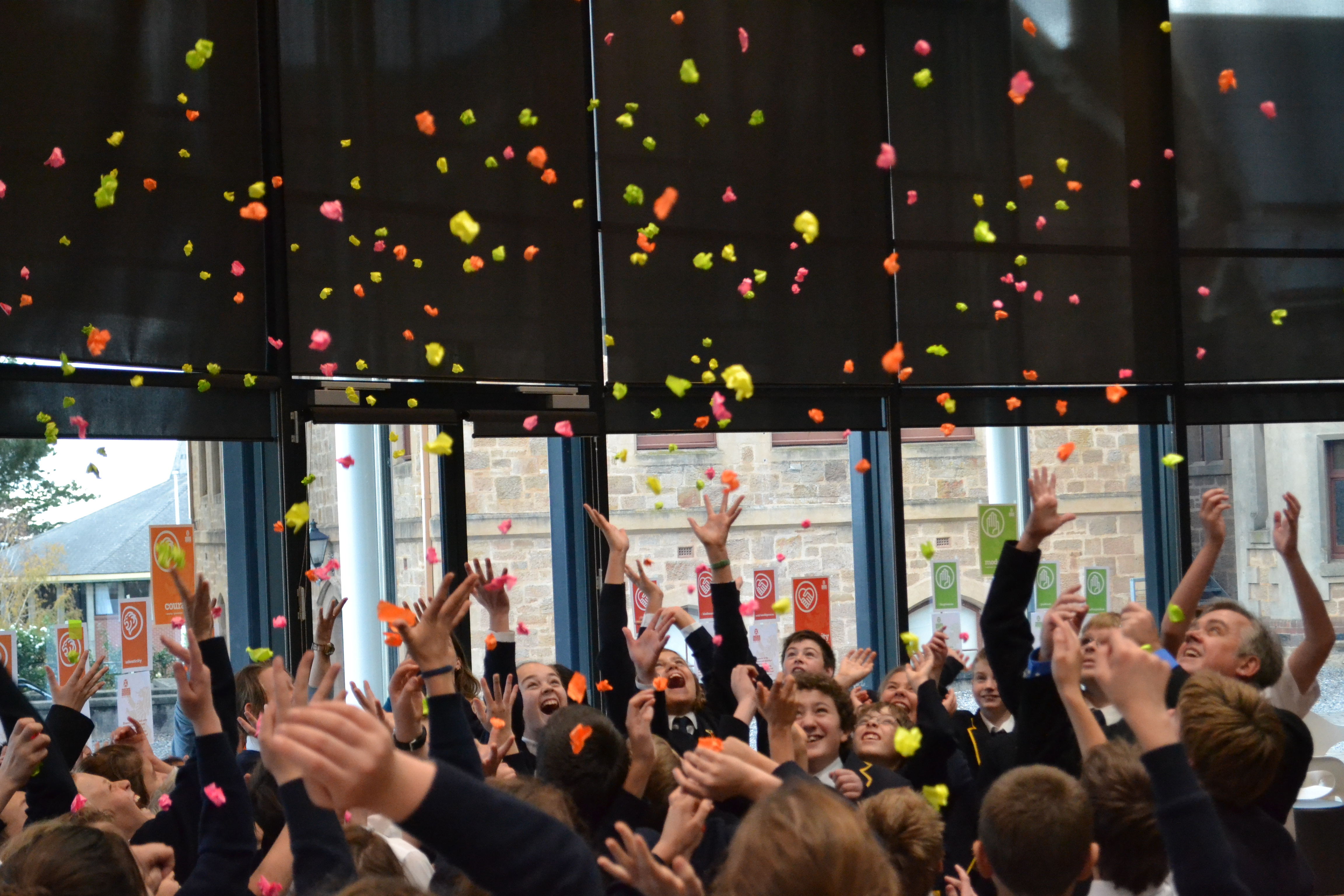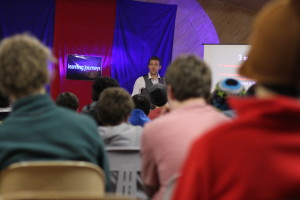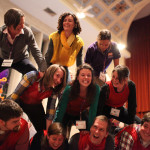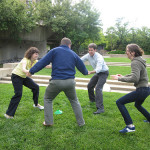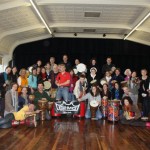Hi! I’m Stephen , director of Playworks® Oz
Founder and director of Playworks®Oz. (Ex) Army Adventure Training Instructor, Educator and Mental Health Counsellor Facilitator and Trainer.
Our aim is for all our strength-based and values-led workshops to be as fun and engaging as possible so the information sticks and is simple to apply. We devise activities that require cognitive and emotional engagement in safe playful settings. Contact us to discuss how we may serve you.
Our facilitators are accredited teachers, coaches or psychology practitioners and draw on experience in: Applied Positive Psychology, Strength Based Play™, Team Management Systems® Rhythm2Recovery, Remo®HealthRhythms® and Lego® Serious Play®.
Playworks® Oz has been working with businesses, councils, schools, colleges and communities since 2004
TeamWork Drumming– click here
Positive Psychology champions whose work we reference Prof Carol Dweck, Prof. Ellen Langer, Prof. Martin Seligman, Prof. Peterson, Dr Nansook Parks, The VIA-SI Institute and Dr Barry Bittman, Simon Faulkner of Rhythm2Recovery to name but a few.
F U N- Functional Understanding Naturally Staff PD, Team Development, Wellbeing training and leadership development.
Some of our clients in Education TRINITY IVANHOE GIRLS PEMBROKE SCOTCH VOSA ECCPA ANGLICARE BERRY STREET DEAKIN UNI VICTORIA UNI ACU VIC.SCOUTS RMIT BRUNSWICK
What people are saying about Strength based Play™
“We had Playworks in 3 years ago to give our year 9’s and 10’s the opportunity to practically apply their learning and challenge them further, they are now a regular part of our staff induction day too.
“…had not considered that creating Strategic Action Plans could actually be this much fun .”
“Being a counsellor, this is exactly the sort of life learning that I am wanting my children to have at their finger tips …”

